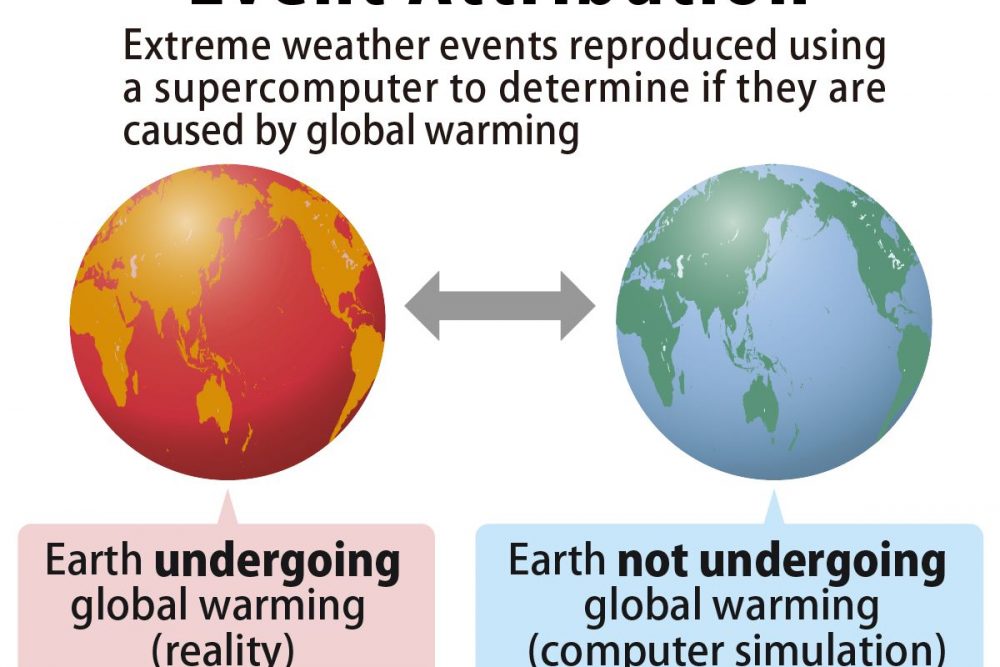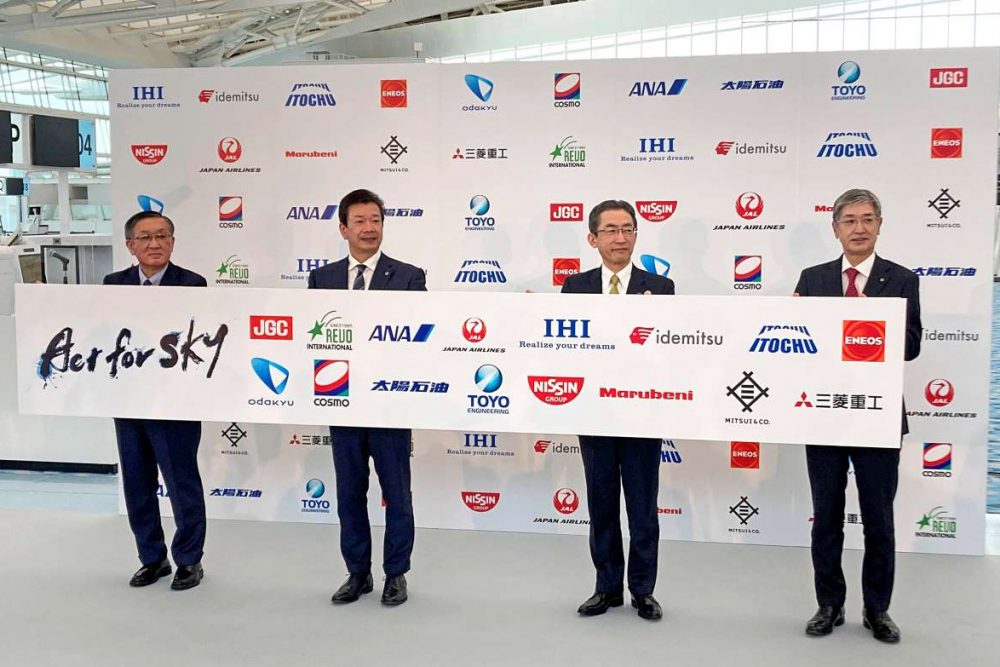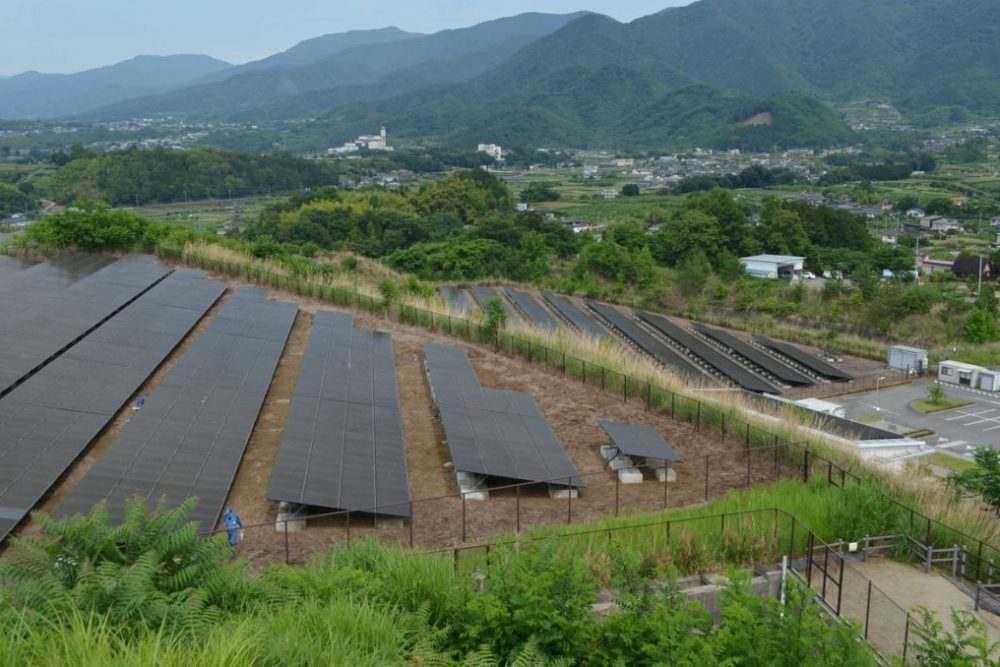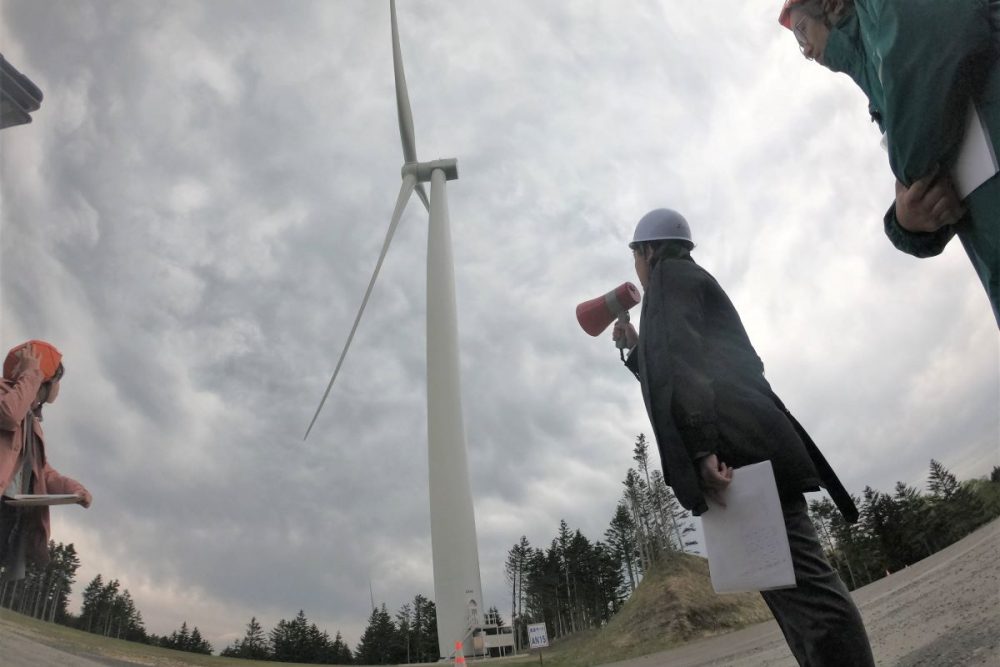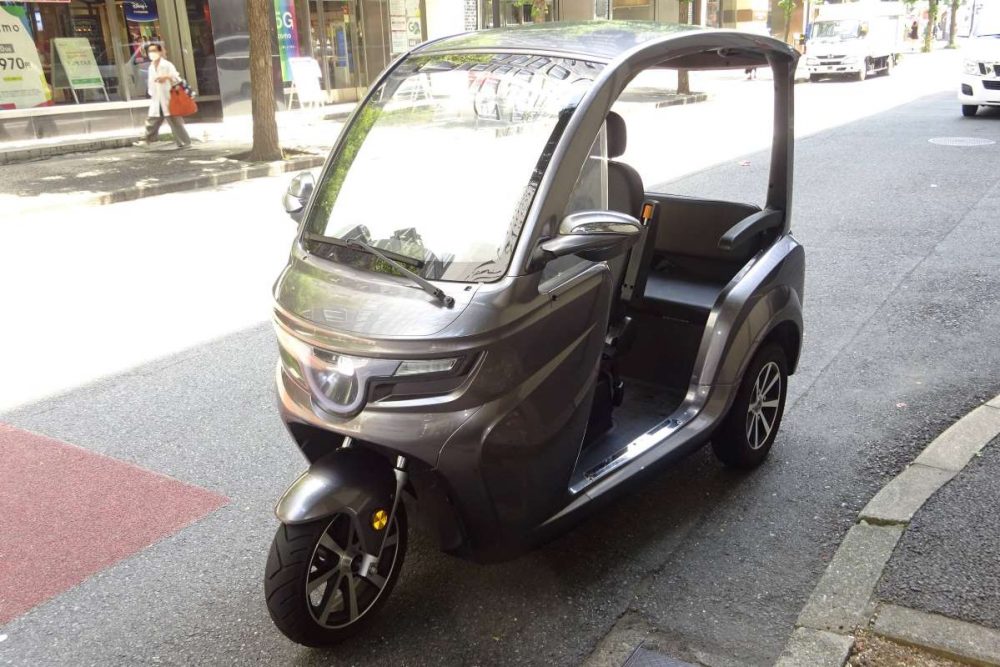Decarbonization: Are Magnetic Air Conditioners in Our Future?
Japanese manufacturers are developing low-carbon technologies like magnetic air conditioners and propane heat pumps that could revolutionize the industry.
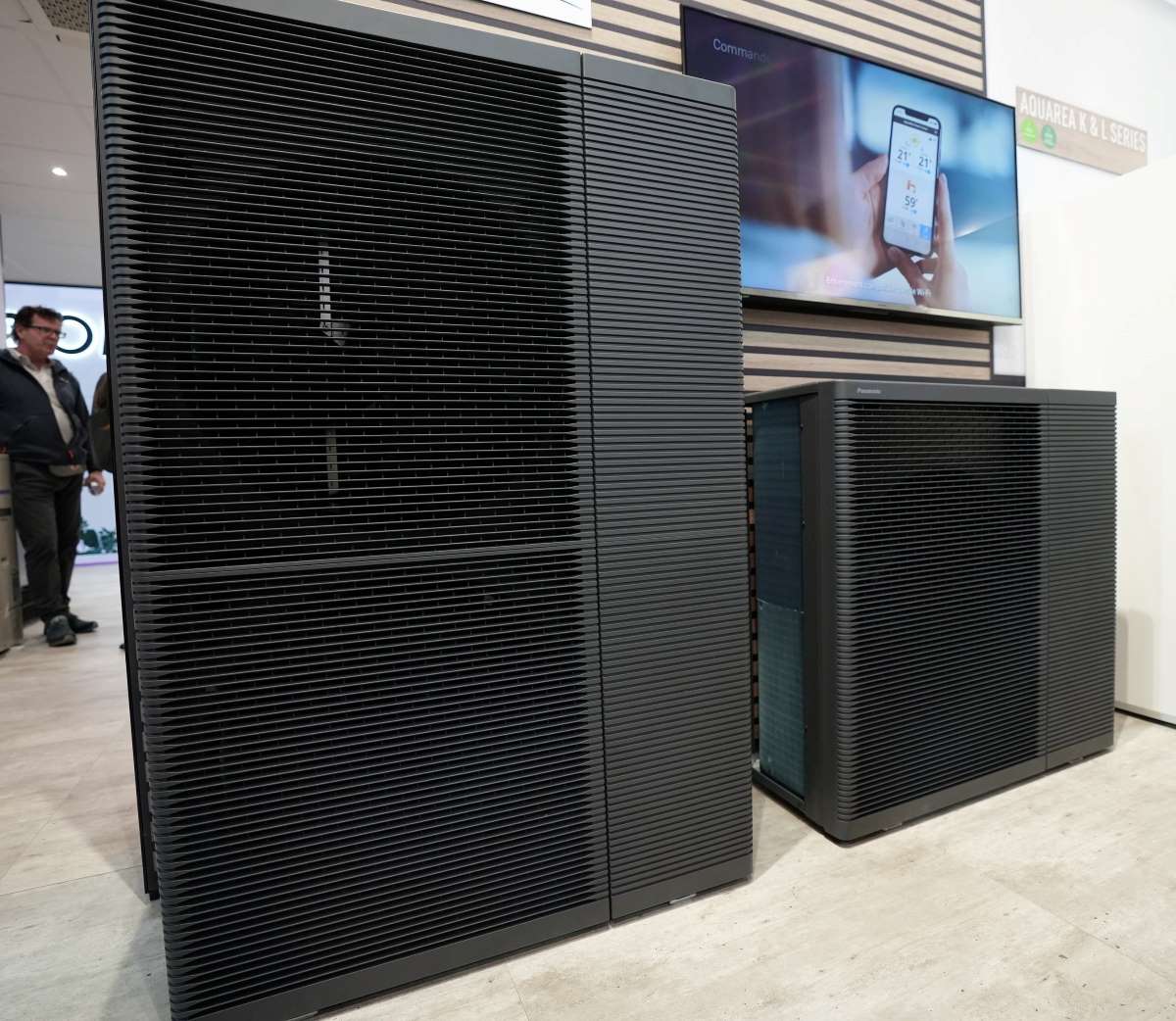
このページを 日本語 で読む
The global movement toward decarbonization is accelerating. Japanese air conditioning manufacturers are hurrying to develop low-carbon heating and cooling technologies with reduced environmental impacts.
Daikin Industries, Ltd. is moving ahead with the development of technology utilizing the magnetocaloric effect (MCE). This technology uses magnetic force to generate temperature changes. The company aims to determine the technology's feasibility for air conditioning equipment by 2024.
Meanwhile, Panasonic Holdings will launch a heating system in May 2023. The new system utilizes a natural refrigerant with less impact on global warming.
Are Magnetic Air Conditioners Feasible?
Daikin's ongoing research is on utilizing the properties of magnetic material. When exposed to magnets, heat is generated in magnetic material. Likewise, temperature decreases when the magnets are removed. The heat and cold air generated by temperature changes in the magnetic material is transferred to water. Then it can be used for refrigeration, freezing, and air conditioning.
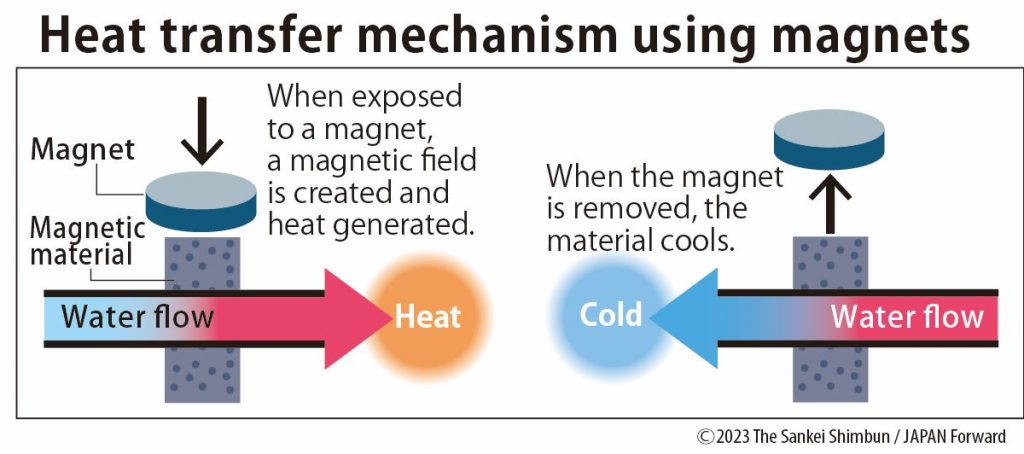
Issues remain in putting the technology into practical use. The size of the magnet required is expected to be large, resulting in high manufacturing costs. However, development of a high-performance magnetic material for heating/cooling units would mean roughly 20% energy savings compared to conventional models.
The new technology could be an effective measure for combatting global warming. Currently, air conditioners use temperature changes caused by applying pressure to refrigerants. But many of the substances used, known as CFC substitutes, have a global warming potential far exceeding that of carbon dioxide. They are also increasingly regulated around the world.
If the power of magnetic force could be harnessed, the need for refrigerants would disappear. "If we determine that this technology can be used in air conditioners, we will hurry to downsize the magnets and establish a production method. Once we make the call to go ahead, we will aim to commercialize the technology by around 2030," remarked a spokesperson for Daikin with enthusiasm.
Potential for European Market
In October 2022, Panasonic Holdings also announced a product that responds to regulations on CFC substitutes.
This product makes Panasonic the first Japanese company to use propane, which has a very low global warming potential, as a refrigerant in a heating unit for the European market.
Normally, safety is a major issue when using propane, which is flammable. With improved sealing to prevent propane from leaking indoors, the company devised a way to isolate boxed electronical components that could cause combustion.
"No other manufacturer has done what we are doing. We have developed gas appliances for many years, so we have a head start," declared Teruo Tosha, head of global R&D at Panasonic's Heating & Ventilation A/C Company. The company plans to first introduce the product in the European market, then expand its product line.
Regulations are being tightened around the world in the shift to decarbonization. As such, the technological capabilities of Japanese air conditioning manufacturers are being put to the test.
このページを 日本語 で読む







